Heart Attack - Heart Attack Insights
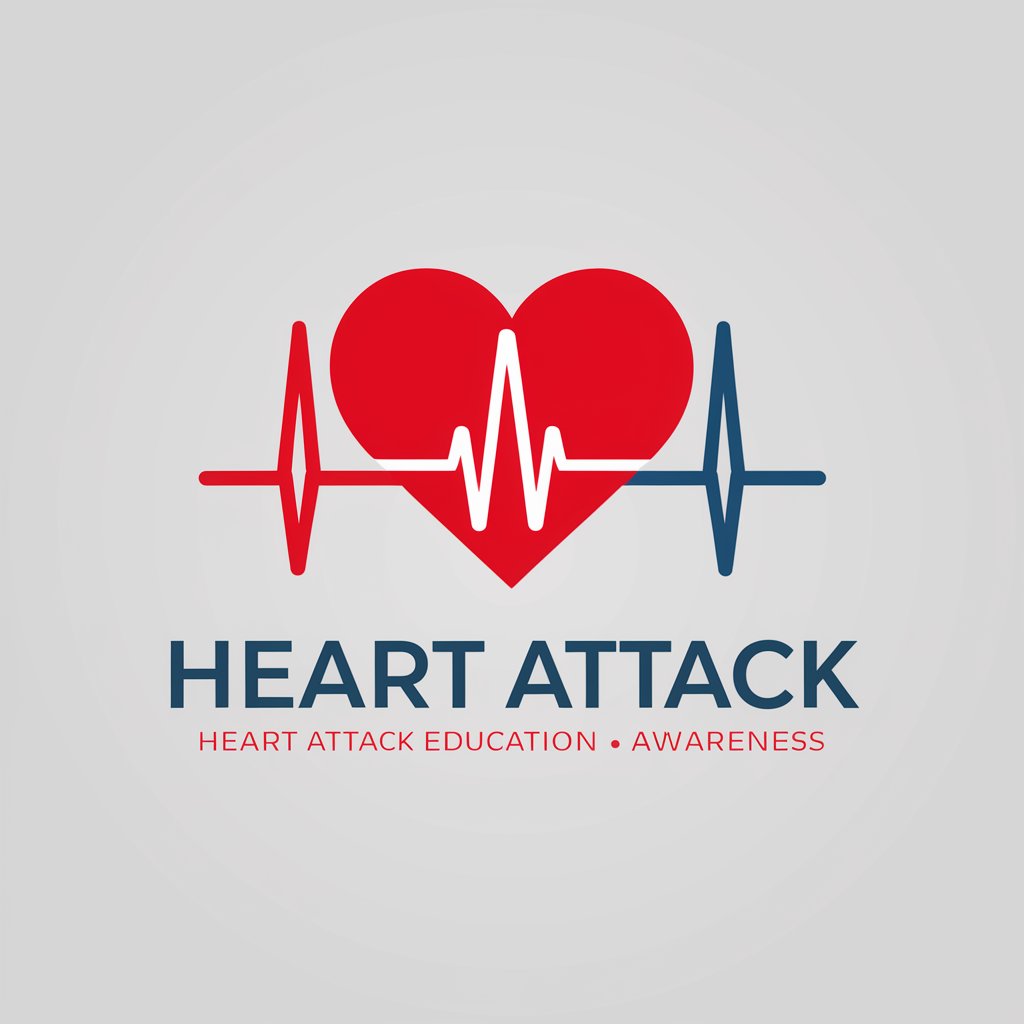
Welcome! I'm here to help you understand everything about heart attacks.
Empowering heart health with AI
What are the primary causes of heart attacks?
Can you explain the symptoms of a heart attack?
How can heart attacks be prevented?
What are the treatment options for someone who has had a heart attack?
Get Embed Code
Overview of Heart Attack GPT
Heart Attack GPT is designed to discuss all aspects related to heart attacks, focusing on their causes, symptoms, prevention, and medical treatment. It aims to provide clear, accurate, and medically informative content to help individuals understand heart attacks better. This GPT does not give personalized medical advice or diagnose conditions but offers general information and directs users to seek professional medical assistance for personal health concerns. For example, it can explain the difference between a heart attack and cardiac arrest, outline the risk factors for heart disease, and suggest lifestyle changes that may reduce the risk of heart attacks. The design purpose is to be a reliable source of information for those seeking to learn more about heart attacks, whether for personal education or to support others. Powered by ChatGPT-4o。

Core Functions of Heart Attack GPT
Educational Information
Example
Explaining the signs and symptoms of a heart attack, such as chest pain, shortness of breath, and others.
Scenario
A user unsure about the symptoms of a heart attack can receive detailed information on what to look for and when to seek emergency care.
Prevention Tips
Example
Offering advice on lifestyle changes to prevent heart disease, like diet, exercise, and quitting smoking.
Scenario
Individuals looking to lower their risk of heart disease can learn about effective strategies for heart health maintenance.
Post-Heart Attack Recovery
Example
Providing information on rehabilitation and recovery processes after experiencing a heart attack.
Scenario
A patient recovering from a heart attack or their caregiver can find guidance on the recovery process, including physical activity, diet, and medication.
Support for Relatives
Example
Offering information on how to support family members who have experienced a heart attack.
Scenario
Relatives of heart attack patients can learn how to offer emotional and physical support during the recovery process.
Target User Groups for Heart Attack GPT
Individuals Seeking Heart Health Information
People interested in understanding heart attacks, their causes, symptoms, prevention, and treatment. They benefit from the GPT's comprehensive educational resources, helping them make informed decisions about their health.
Heart Attack Survivors and Their Families
Survivors looking for information on recovery and prevention of future incidents, and their families seeking to support them. They benefit from tailored advice on rehabilitation, lifestyle adjustments, and how to offer support.
Healthcare Professionals and Students
Professionals seeking to augment their knowledge or resources for patient education, and students looking for study materials on cardiology topics. They benefit from the accurate, detailed medical information provided.

How to Use Heart Attack
Start Your Free Trial
Initiate your journey by visiting yeschat.ai for a complimentary trial, accessible without any requirement for logging in or subscribing to ChatGPT Plus.
Identify Your Needs
Determine your specific interests or concerns related to heart attacks, whether they're about symptoms, prevention, treatment, or support for relatives.
Engage with Heart Attack
Utilize the chat interface to ask your questions. Be as specific as possible to receive the most accurate and helpful information.
Explore Diverse Queries
Don’t hesitate to ask varied questions across different aspects of heart attacks to fully leverage Heart Attack’s knowledge base.
Review and Reflect
Take time to review the information provided. If needed, seek further clarification or ask follow-up questions for deeper understanding.
Try other advanced and practical GPTs
Jedi Me | Create Your Jedi Alter Ego
Forge Your Jedi Legacy with AI

Quantum Helper
Decipher Complex Equations with AI
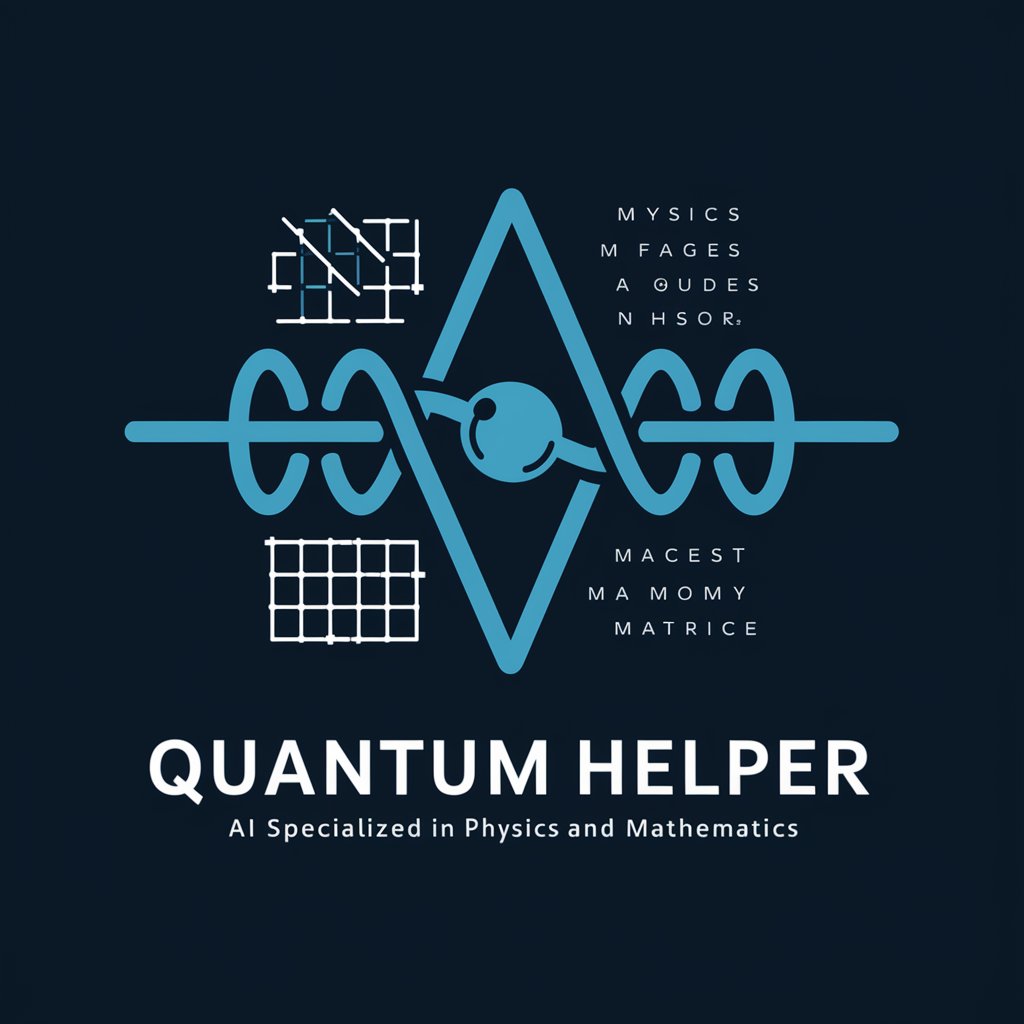
Профессор ИС
Empower Your Writing with AI

Бърз инженер
Engineer Your AI Prompts with Precision
Happiness
Empowering Your Pursuit of Happiness

Facility Buddy
AI-driven support for facility challenges
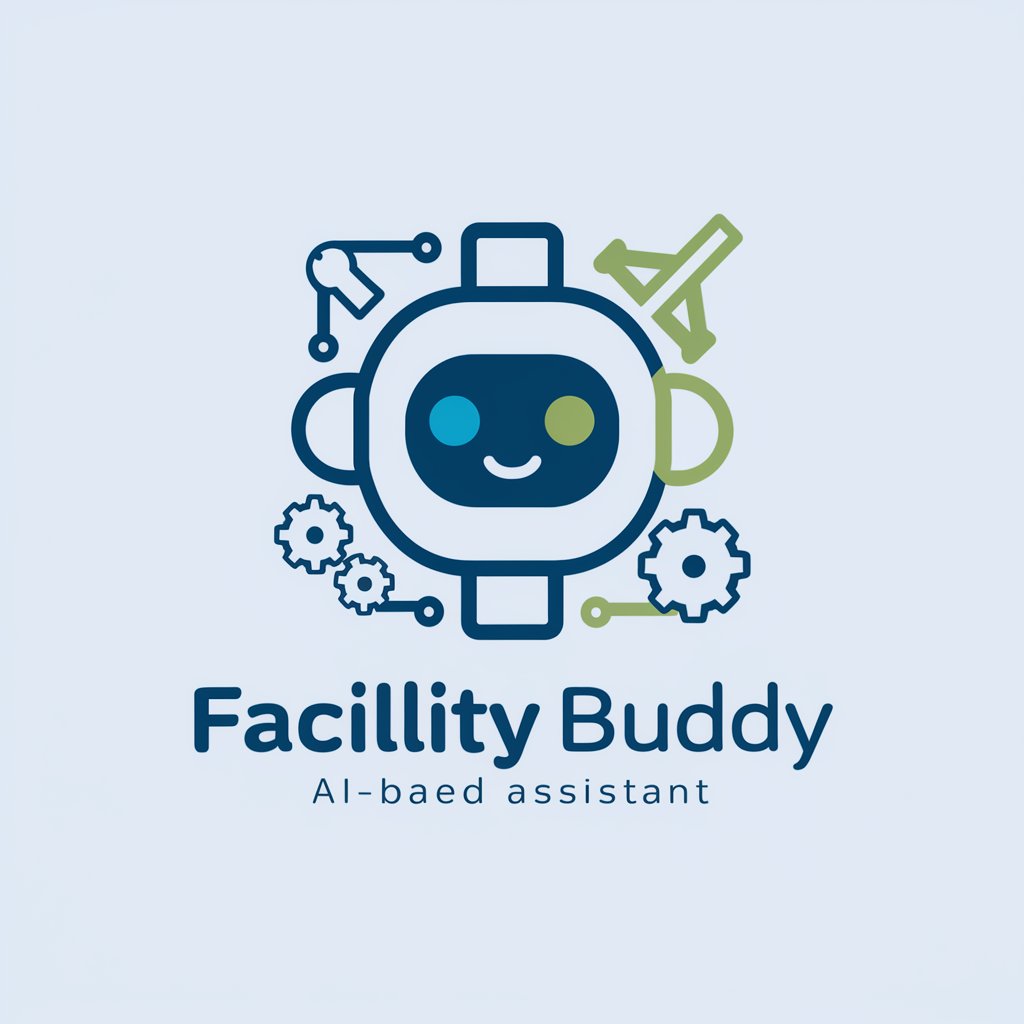
Safety Guide
Empowering Safety with AI
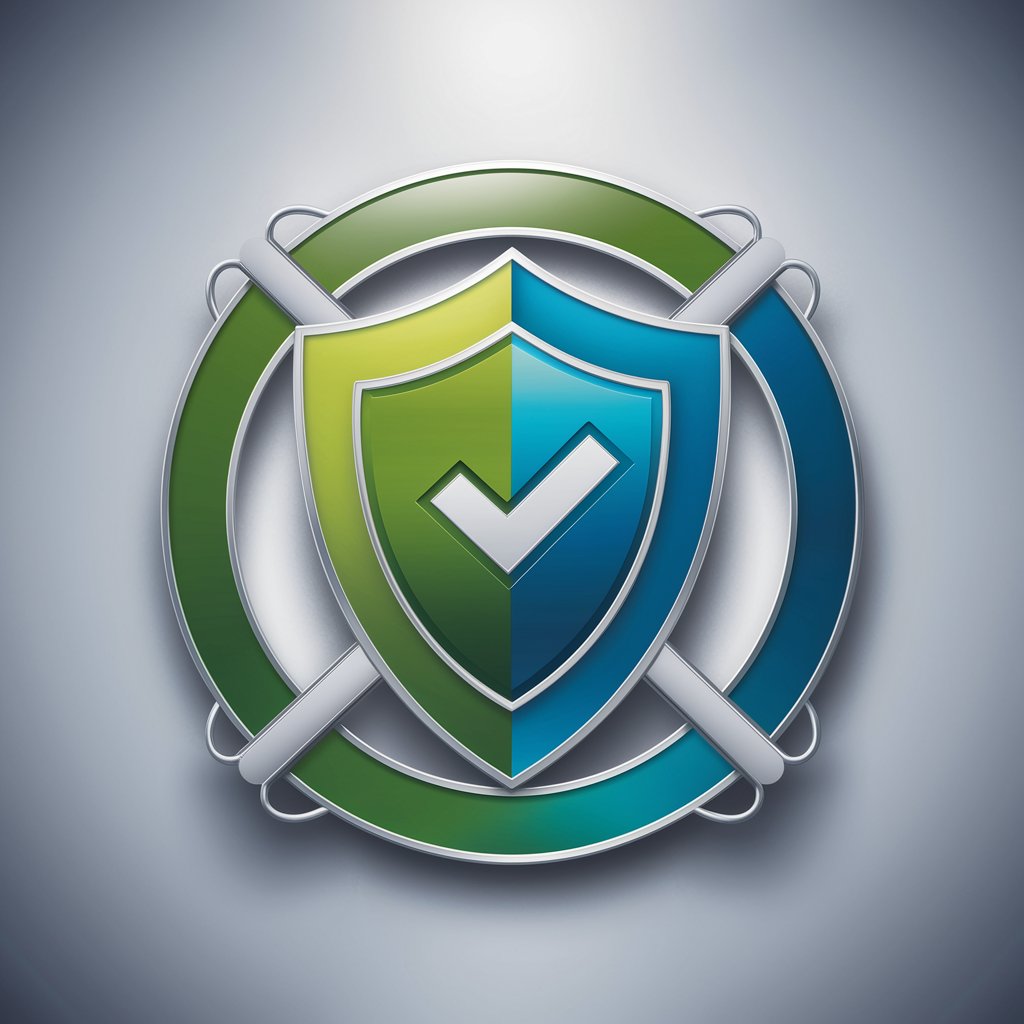
Lreina Estudio Humanidades
Empowering Education and Work with AI
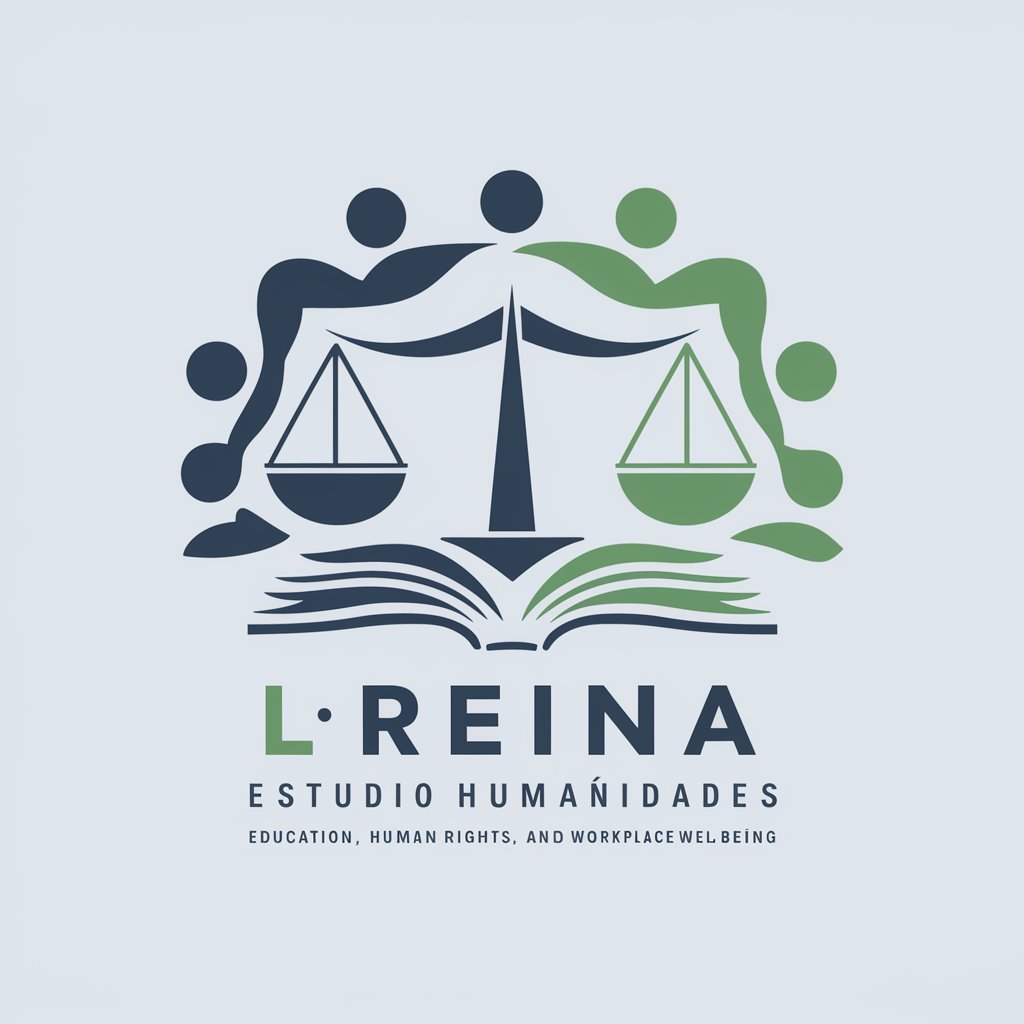
Digital strategy Marco
Empowering Your Digital Success with AI
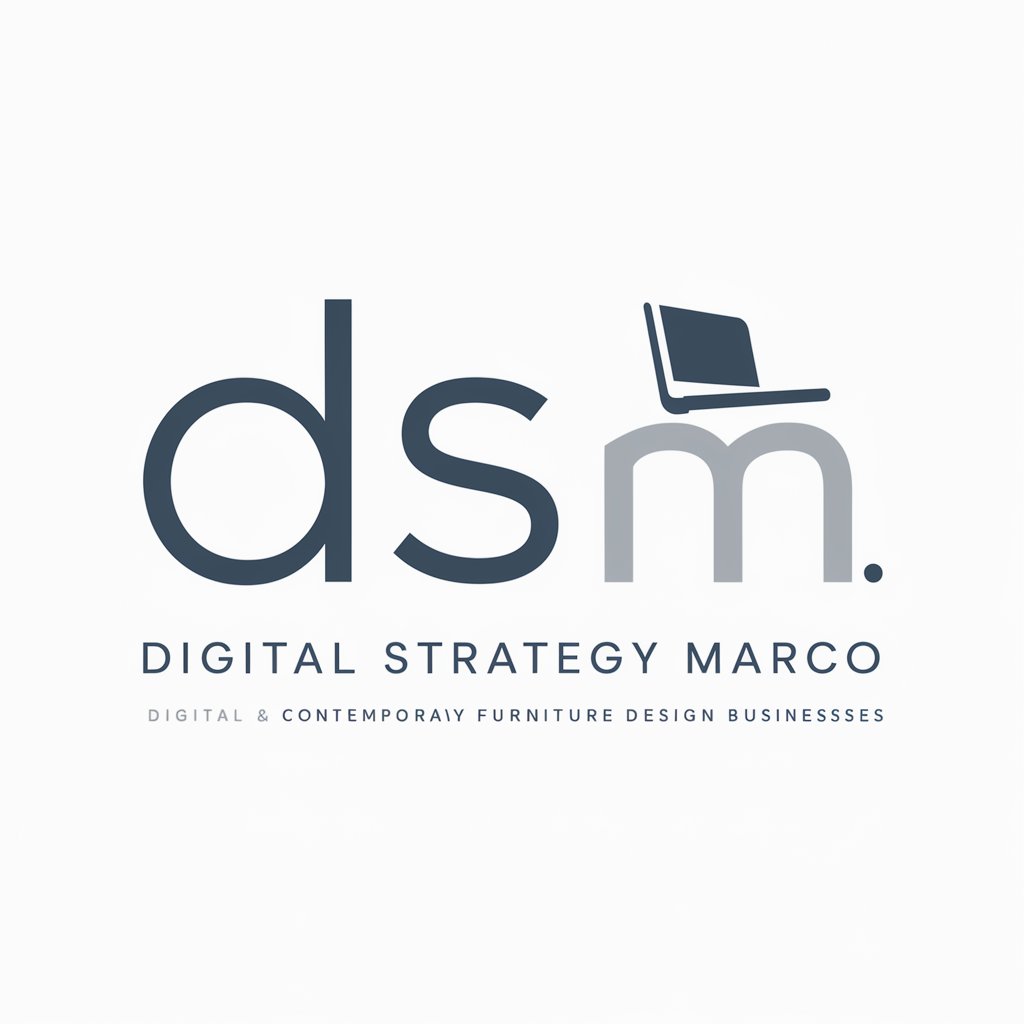
CYPFER Ambassador
Empowering Digital Resilience with AI

Gear
Empowering decisions with AI-powered gear insights.

PageCraft
Elevating Writing with AI Support

Heart Attack Q&A
What causes a heart attack?
A heart attack typically occurs due to blockage of the coronary arteries by a buildup of plaque, a condition known as atherosclerosis. This can lead to restricted blood flow to the heart muscle, causing tissue damage or death.
How can I recognize a heart attack?
Symptoms of a heart attack can include chest pain, shortness of breath, nausea, and discomfort in the upper body. However, symptoms can vary significantly among individuals.
What are the steps for heart attack prevention?
Prevention includes maintaining a healthy lifestyle, such as eating a balanced diet, exercising regularly, avoiding tobacco, managing stress, and monitoring health conditions like hypertension and diabetes.
How is a heart attack treated?
Treatment options may include medication, lifestyle changes, and possibly procedures like angioplasty or surgery to restore blood flow to the heart muscle.
How can I support a relative who's had a heart attack?
Support can include helping with lifestyle changes, attending medical appointments, ensuring medication adherence, and providing emotional support throughout their recovery process.
